My toddler hands are palm-up against the cool glass, banging gently.
“Wave to daddy,” says my mother, lifting me higher up to the window of our flat. The lift is awkward, though her hands hold my waist securely.
“Bye, daddy,” she says, encouragingly. I see him, his compact figure turning every few steps to wave, before he disappears round the corner for the bus to work.
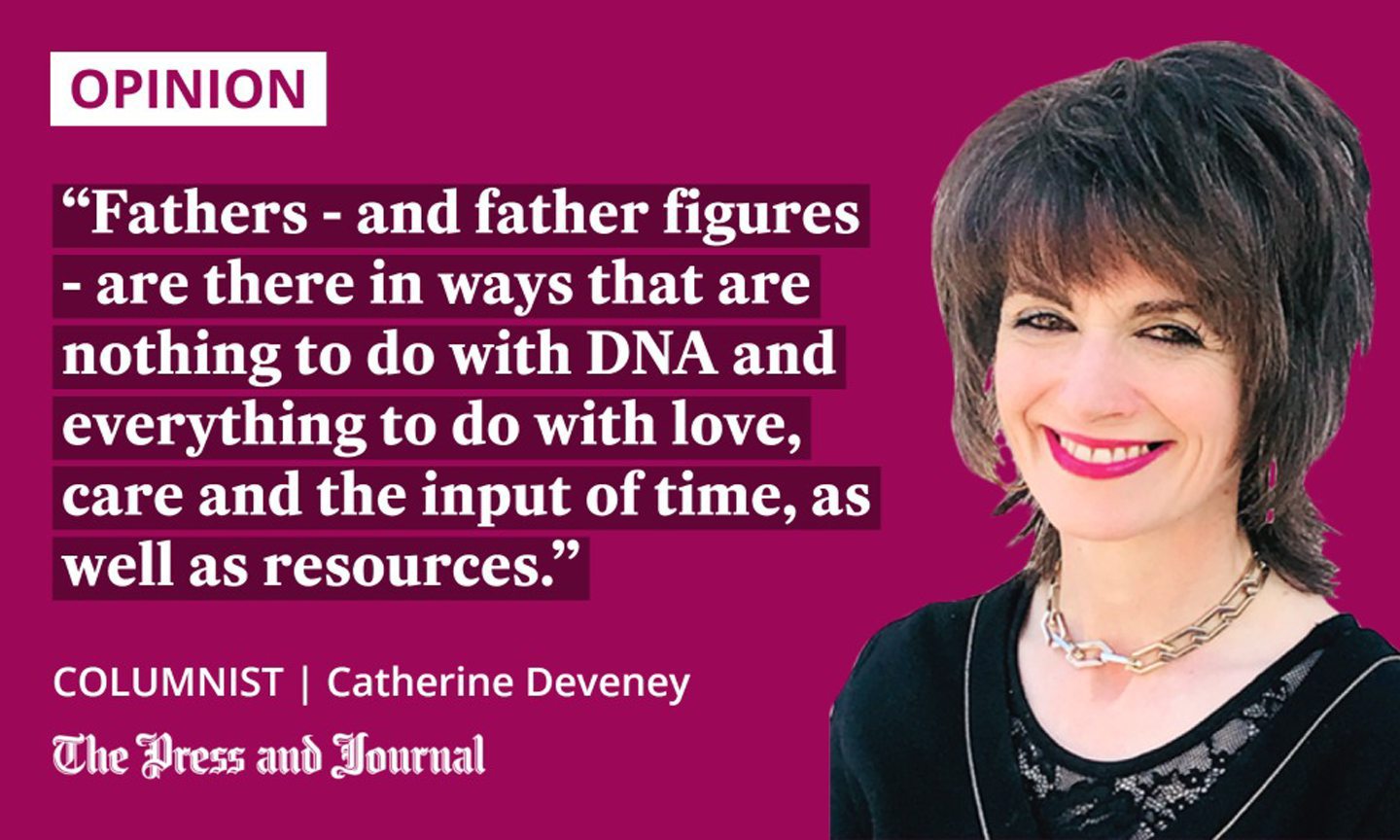
I wonder, now, if the feel of the glass on my hands is an embellishment, but the
general memory is real, I know. And I wonder, too, when I think of him this weekend, how many thousands of incidental rivers of memories flow into the sea of our relationship in my mind: my hand in his; the childhood sweets and unexpected gifts; the 20 quid slipped my way as a student; the feel of his jumper in the warm bear hug of his embrace when I returned home, a parent myself now, but still his child.
Ancestry websites have changed anonymity
What is a dad? It was revealed last month that the Human Fertilisation and Embryology Agency is considering recommending that children conceived through sperm donation should have the right to know their biological fathers from birth.
Before 2005, no official records were kept but, after that date, children were given the right to know the identity of their donor when they turned 18. The current proposed change reflects growing public access to DNA information through ancestry websites, offering genetic testing and relative matching.
The websites have opened up not just the possibility of finding biological fathers, but also the reality of donor scandals across the world, including in the UK, America, and South Africa, where it was discovered that fertility doctors used their own sperm to impregnate patients.
For many unsuspecting mothers, it felt like medicalised rape. The Netflix documentary Our Father highlights the horrifying case of Indiana doctor, Donald Cline, who inseminated over 90 patients with devastating results.
What Our Father illustrated was the understandable significance children put on their parental origins, and the devastating impact it had when their father did not turn out to be the figure they hoped for. In Donald Cline’s case, his multiple children discovered an arrogant, manipulative and fanatical man who used their mothers as objects for his own purposes.
Technological sophistication outstripped ethical sophistication
The need for children to know their origins is understandable, even preferable. Support is needed, though, when children track their donor father and realise that “fatherhood” in his case was not relational, but was driven by payments that gave a help with his student loan or a holiday abroad.
While truth is almost always best, the right of a child to know cannot be used to claw back an historical, guaranteed right to donor anonymity
In Britain, the ex-head of Channel 4 News, Dorothy Byrne, entered the debate, explaining that her daughter is one of almost 30,000 people in the UK who were conceived in the pre-2005 era, when donors were legally guaranteed absolute anonymity. It was time, she suggested, to retrospectively give children like her daughter the right to know who their father was.
While truth is almost always best, the right of a child to know cannot be used to claw back an historical, guaranteed right to donor anonymity. However unwise it now seems that such a right was given – and it does – it should also be remembered that, in that era, Byrne’s daughter might never have been born without it. She made the deal; having got her side of the bargain, is it not her responsibility now to honour it?
All of this illustrates the messy complexity of fertility issues in a world in which technological sophistication outstripped ethical sophistication. Maybe it is time to remember an essential truth that somehow we know and yet often bury: that parenthood – whether natural or assisted – is a lottery, and that those of us whose numbers come up win big.
Fathers are more than DNA
The prize is a bed of security throughout our lives, a presence even when our parents are no longer there. That is nothing to do with genetics. Fathers – and father figures – are there in ways that are nothing to do with DNA and everything to do with love, care and the input of time, as well as resources.
My father is no longer with me. I used to fear the void his departure left, the silent searching I made for his presence, the bewildering nothingness he left behind.
He is here in memories, in the deep ways he formed and influenced me. And that is what a dad is
But, even in writing this, the memories flash like fireworks in my brain: the bar of Fry’s Chocolate Cream on the arm of his chair; a Gaelic dictionary; a bizarre album of tribal music in his extensive collection; an unsurpassed collection of Christmas decorations. But, also, the quiet chats, the demonstrations of love, the laughter, and the ways he believed in what was right.
As I write, I realise he is here in memories, in the deep ways he formed and influenced me. And that is what a dad is. Not a collection of cells, but a deep river of influence that continues to flow throughout your life.
Catherine Deveney is an award-winning investigative journalist, novelist and television presenter
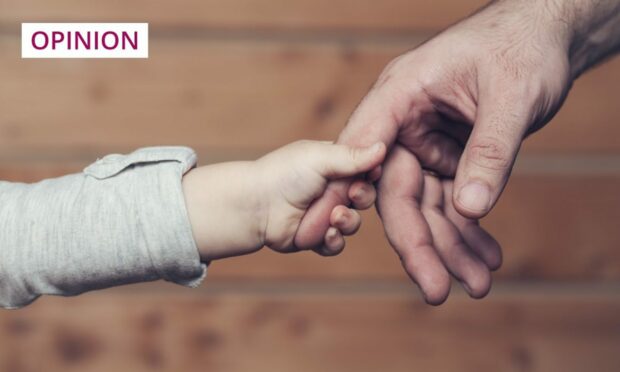
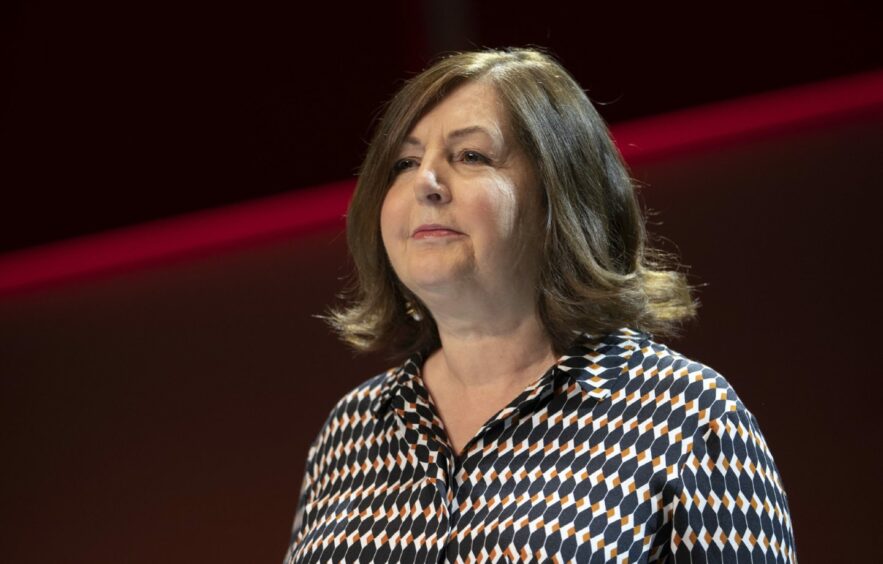
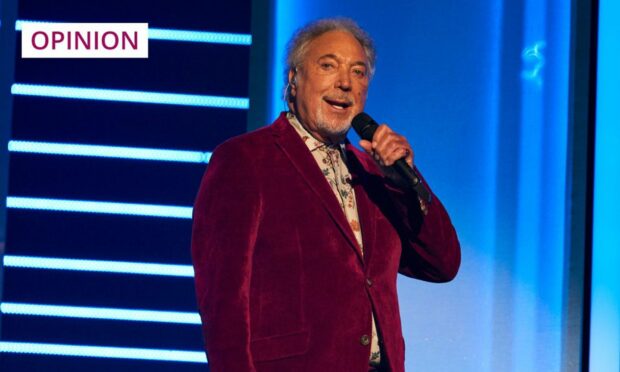

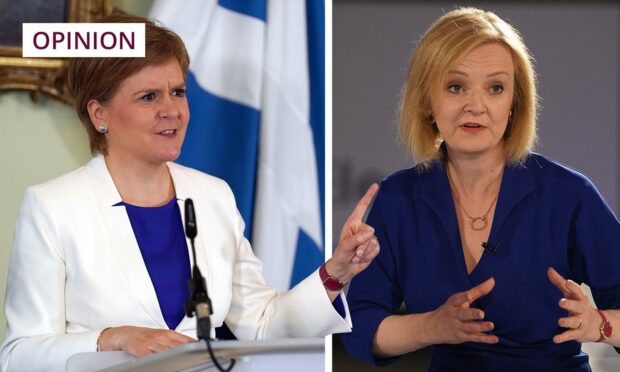
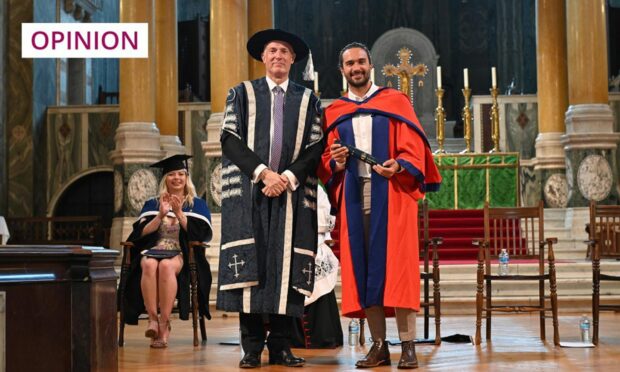
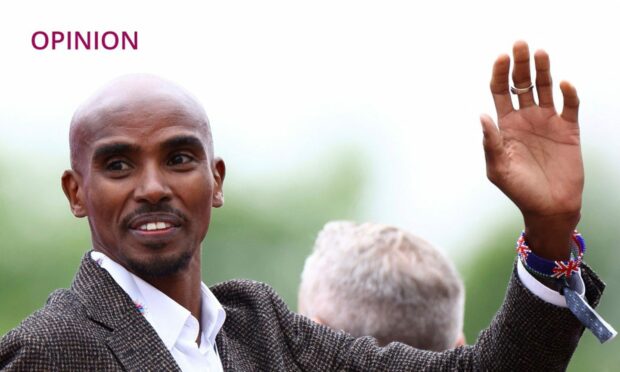
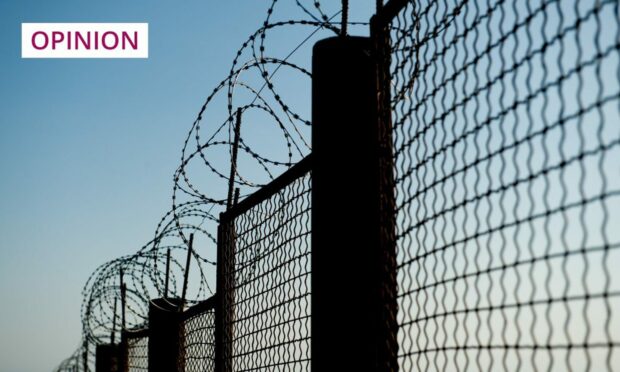
Conversation